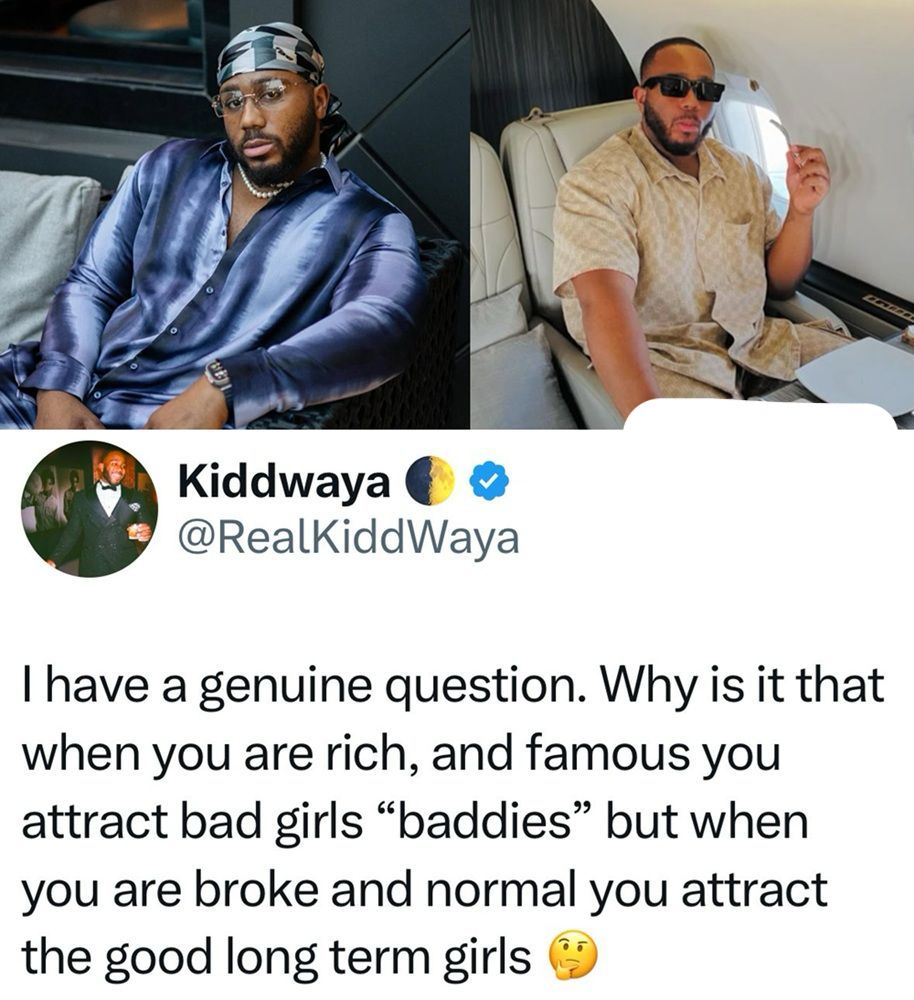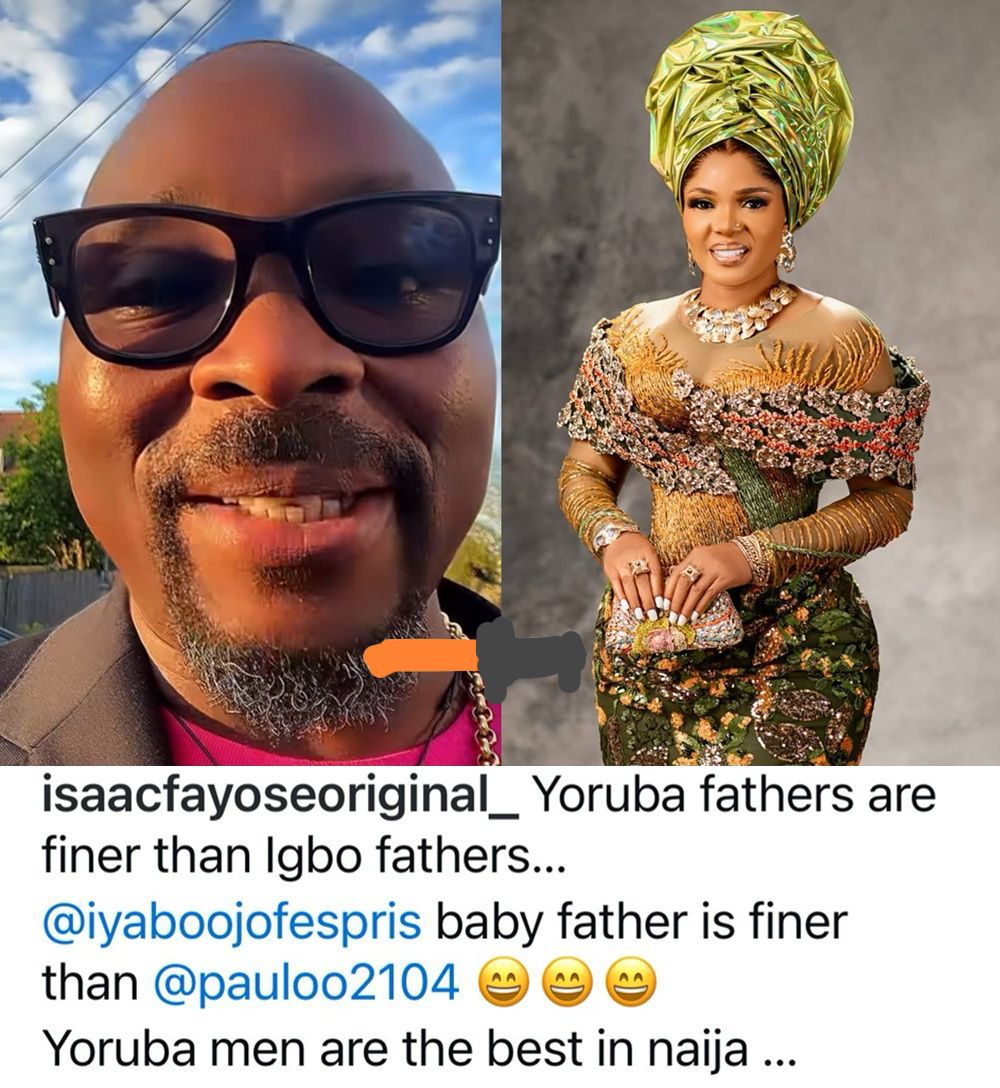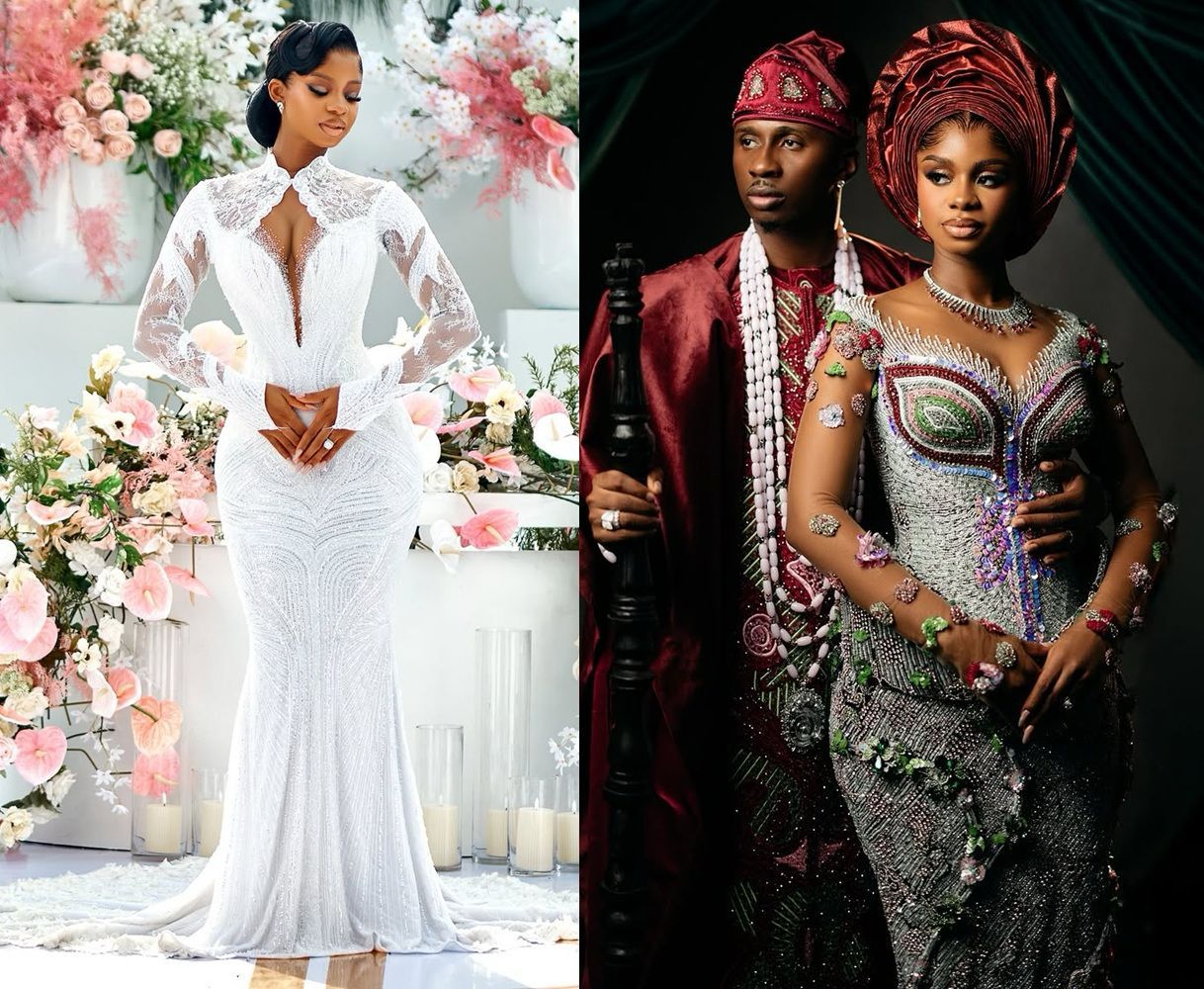
"Why Do 'Bad Girls' Only Show Up When You're Rich?" Kiddwaya Raises Thought-Provoking Question on Women and Status

In a recent tweet that has sparked a lively discussion across social media platforms, Nigerian billionaire’s son and reality TV star, Kiddwaya, raised a question that many have likely pondered in silence but never dared to voice. The 30-year-old, who gained fame through his participation in the popular reality show Big Brother Naija, posted a simple but loaded query: “Why is it that when you are rich, and famous you attract bad girls (‘baddies’) but when you are broke and normal you attract the good long term girls?”
Kiddwaya’s tweet, posted on his official Twitter handle, immediately sent waves of conversation through the internet. His statement opened a window into a discussion that has long been part of the fabric of modern relationships—how wealth, status, and fame play pivotal roles in determining the kind of romantic attention people receive. With his family’s immense wealth and his own fame, Kiddwaya’s question posed a dilemma that resonates with people across different social classes. What exactly is it about wealth and fame that seems to attract a particular type of person?
For many, the tweet struck a chord. Is there really a distinction between the kinds of women who are attracted to wealthy men versus those who are drawn to men with modest means? And more importantly, what does this say about the values and dynamics within contemporary dating culture?
Kiddwaya's inquiry isn’t just a superficial question about his own experiences but an observation about modern dating trends, particularly within the context of social media, status, and materialism. His fame, thanks to his background as the son of Nigerian billionaire Terry Waya, has thrust him into a lifestyle that many would envy. But with this wealth and visibility comes a certain type of attention—often from women who are attracted to his success, glamour, and high-profile lifestyle.
On the surface, Kiddwaya’s tweet appears to suggest that women are more likely to be “bad girls” or “baddies” when a man is wealthy and well-known, as opposed to the more “good, long-term” types of women when the man is in a more humble financial situation. These terms—“bad girls” and “baddies”—are often associated with women who are seen as interested in the fun, excitement, and material perks of a relationship, rather than its long-term potential. “Good girls,” on the other hand, are traditionally perceived as more grounded, serious, and interested in long-term commitments.
What Kiddwaya’s tweet highlights is a perceived shift in the type of women who come into a man’s life based on his economic status. When he has money, fame, and the ability to provide a lifestyle filled with luxury, travel, and social events, it seems that the women who are drawn to him are often more interested in enjoying the perks of that lifestyle. However, when he’s “broke and normal,” it seems that the women he attracts are more inclined toward a deeper, perhaps more genuine connection—one that isn’t centered around material benefits.
The concept of “baddies” is often tied to the idea of women who are stylish, flashy, and enjoy a more carefree, fun, and sometimes self-interested lifestyle. They are often seen as women who want the excitement of being with someone wealthy but not necessarily interested in the emotional or long-term commitments of a relationship. In contrast, the “good girls” are often thought of as those who look for stability, commitment, and emotional depth, making them appear more interested in lasting relationships rather than fleeting excitement.
What makes Kiddwaya’s question even more intriguing is that it doesn’t come from a place of judgment but curiosity. His position as a wealthy and publicly known individual provides him with a unique lens through which to observe these patterns. His question underscores a larger issue in modern dating: the interplay between materialism, status, and romantic attraction.
The dynamics of wealth and romance are nothing new. Historically, individuals with financial means have always had the upper hand in attracting romantic partners, but the current age of social media has amplified this effect. In an age where Instagram influencers, TikTok stars, and YouTubers can achieve celebrity status almost overnight, wealth and fame have become more accessible, and with that comes a new set of expectations for relationships. It’s no longer just about finding someone who can offer emotional security or companionship; it’s also about what material benefits come with the relationship.
Interestingly, Kiddwaya’s question also challenges the notion of authenticity in relationships. Are people truly drawn to the essence of who someone is, or are they more attracted to what they can offer—whether that be wealth, fame, or access to exclusive circles? His tweet reflects a common concern that many people, particularly those with wealth or fame, may feel like they are valued not for their true selves but for their external success. In a world where social media has made showcasing a life of luxury an everyday affair, it’s easy to wonder how many relationships are built on a foundation of true love and connection versus those built on the appeal of a flashy lifestyle.
Moreover, Kiddwaya’s tweet forces a closer look at the assumptions surrounding the concept of “good” versus “bad” women. What defines a “bad girl,” and is this label inherently negative? In a world that increasingly celebrates independence, confidence, and self-expression, the stereotypical view of a "bad girl" might need to be reassessed. Could it be that women who are labeled as “baddies” simply have a different set of priorities and desires in a relationship, or are they truly more superficial in their intentions?
On the flip side, the idea of the “good girl” is equally complicated. Often painted as conservative, modest, and family-oriented, the term can sometimes carry connotations of a person who sacrifices their own desires and ambitions for the sake of tradition or stability. Kiddwaya’s tweet pushes this narrative to question: is there truly a right type of woman to attract, or are these terms simply outdated stereotypes that no longer have a place in today’s modern dating scene?
Kiddwaya’s question is a reflection of a wider dilemma many people face in today’s social-media-driven world. The lines between authenticity and materialism, love and status, have become blurred, and it’s often difficult to discern the true motivations behind romantic connections. As Kiddwaya’s tweet has shown, this is not just a topic of interest for the wealthy but for everyone navigating the complexities of love and relationships in an era where success is often measured by how many followers, likes, or brand deals one has.
The discussion sparked by Kiddwaya’s simple question serves as a reminder that in a world obsessed with wealth and fame, genuine human connection may sometimes be overlooked or misunderstood. However, the real challenge lies in maintaining authenticity, finding love that transcends materialism, and not getting caught up in the superficial allure of status and wealth. Kiddwaya’s inquiry may be more than just a passing thought; it may be the beginning of a much-needed conversation about the true nature of love in an age where everything—and everyone—has a price tag.


